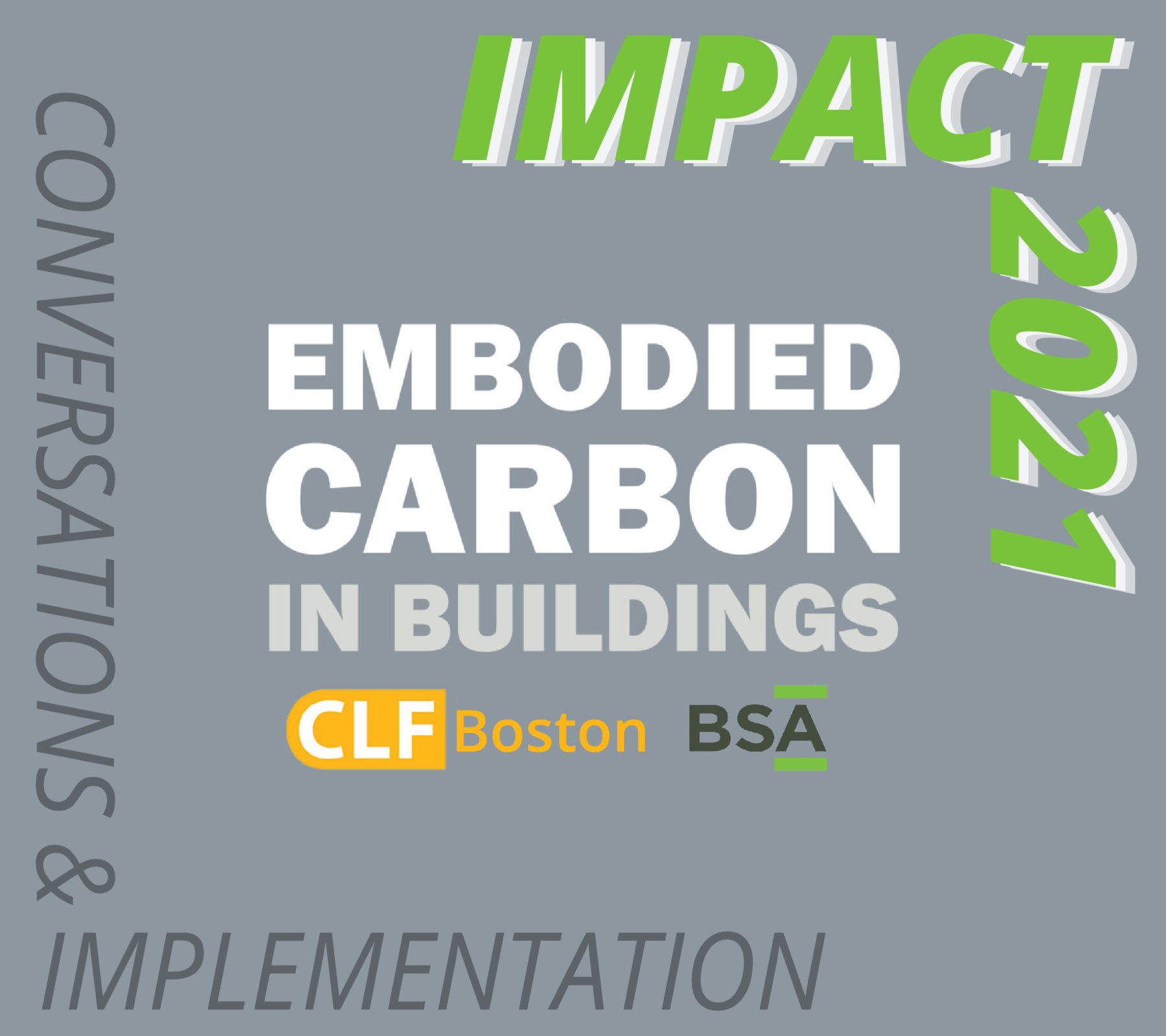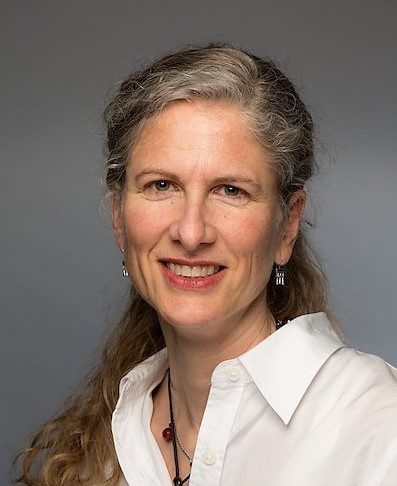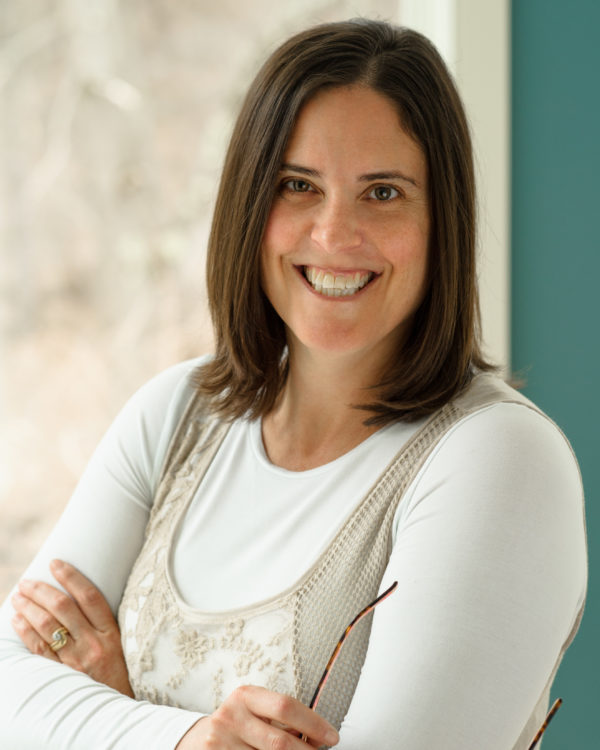Event
Carbon Leadership Forum (CLF) Boston: Home Sweet Home — Embodied Carbon in the Residential Sector

-
COST
Free for BSA members, $10 General admission. Learn more about membership options here. -
TYPE
CEs
-
AUDIENCE
Professionals
-
ACCREDITATIONS
1 LU/HSW AIA credit available
When we think about embodied carbon emissions, we tend to envision our largest buildings and campuses that include millions of square feet. These are all worthy targets; however, one could argue that small scale residential is an equally high priority. In North America roughly 1/3 of annual construction dollars are spent on single family housing. Moreover, the single-family market is highly competitive and has a track record of rapidly scaling innovations—meaning that practitioners who work at this scale are ideally positioned to have an immediate impact, and to lead the industry towards broader adoption of carbon smart practices. The most innovative practitioners are building and renovating with biogenic materials that have the potential to store carbon. This session is for all who intersect in the residential realm: architects, single family home builders to those renovating or building up to five dwelling units, innovative lenders, and municipalities who are considering ways to tackle embodied carbon via project permitting to achieve goals within their climate action plans.

Matthew Coffey
After Wentworth’s Architecture program in Boston and France, Matt became an associate at a firm with offices in Boston and on Martha's Vineyard. Through a fellowship grant he became a LEED-AP and pursued a diverse sustainability education at The Ecosa Institute (AZ), The Glenn Murcutt Master Class (Australia), and with the Biomimicry Guild (Costa Rica). He moved into a net zero home in an affordable housing development on the island, developed by South Mountain Company and The Island Housing Trust. The experience deepened his appreciation for high performance design and community work. He is now an architect with SMCo and volunteers with the Island Housing Trust.
Chris Magwood
Chris is obsessed with helping reverse climate change by making carbon-storing buildings that are also healthy, beautiful, efficient and inspiring.
Since 2011, Chris has been a director and teacher at The Endeavour Centre, a not-for-profit sustainable building school in Peterborough, Ontario. The school runs a full-time certificate program – Sustainable Building and Design – and hosts dozens of hands-on workshops annually.
In 2019, he helped to establish Builders for Climate Action, and has been leading development of the BEAM carbon estimator tool for low-rise construction. He is working closely with many levels of government to develop embodied carbon benchmarks and regulatory programs, and helping developers and builders figure out how to reverse climate change with their buildings.
Chris has authored seven books on sustainable building and is co-editor of the Sustainable Building Essentials series from New Society Publishers. His new book, Building Beyond Zero: New Ideas for Carbon-Smart Architecture, is co-authored with Bruce King and will be available in late 2021 from Island Press.
In 1998 he co-founded Camel’s Back Construction, a design-build firm focused on straw bale construction and renewable energy.
Chris has completed an MA at Trent University. His thesis, Opportunities for Carbon Removal and Storage in Building Materials which was published in the fall of 2019.
Chris is an active speaker and workshop instructor in Canada and internationally.

Lillian Maurer
Lillian is a builder who collaborates with clients and architects to create resilient buildings through thoughtful design, applied building science and traditional craft. Drawing on her design background and building envelope experience, she also consults on residential projects to substantially reduce embodied carbon and energy use while ensuring comfort, beauty and a sense of sheltering protection for her clients.
With five generations of artists, engineers and steel workers behind her, Lillian started her career with a degree in Fine Arts, working as a sculptor. Renting raw studio space in New York City necessitated learning framing, plumbing and wiring and in time, led to the founding of her first company in 1998, Watermark Studios. In her initial project, the adaptive reuse of manufacturing loft space in waterfront Brooklyn, Lillian leased, designed and built-out 13,000sf of live-work spaces.
In 2013 Lillian became a Certified Passive House Consultant, and with master carpenter Patrick Murphy, co-founded BuildingLogic Inc. located in New Paltz, in the Hudson Valley NY. In BuildingLogic Lillian strives to maintain the triple-bottom-line principles of people, planet and prosperity throughout her practice. An obsessive researcher with a love of materials, she maintains an evolving library of best-practice construction details and carefully assessed materials. She serves on Passive House Alliance-Hudson Valley’s Board of Directors and is active with NESEA.

Jacob Deva Racusin
Jacob is Studio Director and Director of Building Science and Sustainability with New Frameworks Natural Design/Build, offering services in renovation, new construction, consultation, and education. As a builder, consultant, designer, and educator, Jacob is able to merge his passions for ecological stewardship, relationship to place, and social justice. Jacob has authored two books and numerous articles, and regularly instructs on topics of building science and climate impact. An active member of the Carbon Leadership Forum, Jacob is engaged in code and policy development, professional training, and other initiatives supporting the transition to a more just industry.

Rachel White
Rachel is the CEO of Byggmeister Design/Build, a 38 year-old residential remodeling company that is striving to serve as an exemplary steward of homes and to prepare them to meet the challenges of the 21st century. Rachel also serves as board chair of the Northeast Sustainable Energy Association.